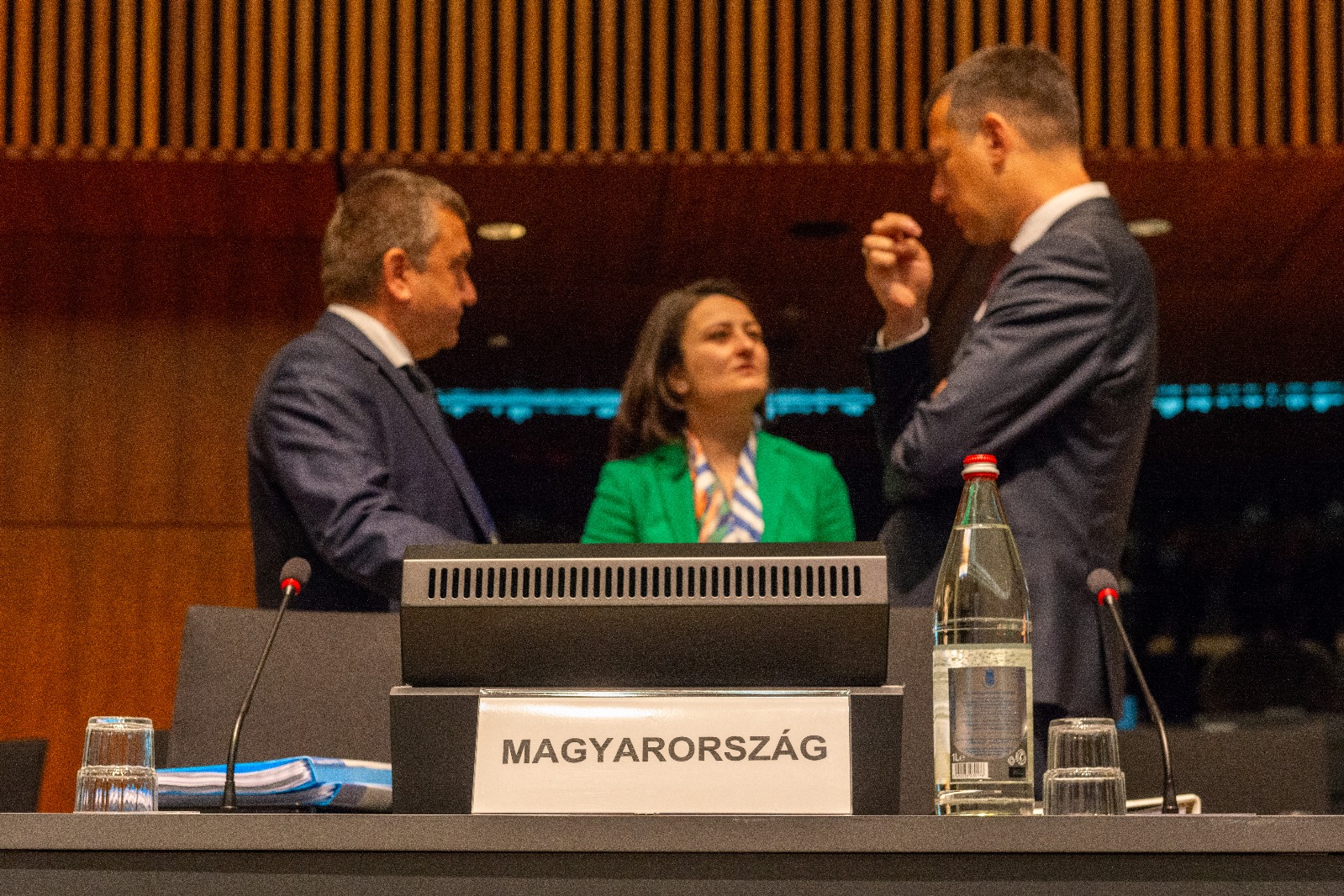At the Employment, Social Affairs, Health, and Consumer Affairs (EPSCO) Council meeting on 20 June 2024, the Hungarian delegation was led by Sándor Czomba, Minister of State for Employment Policy, and Attila Fülöp, Minister of State for Care Policy.

Regarding employment policy, State Secretary Sándor Czomba said that the focus of our Presidency programme is defined by the challenges arising from the ageing of the population and the lack of skilled labour. In the next six months, we intend to focus EU discussions on access to work for job seekers and the activation of the inactive working-age population, and we will also raise these issues in the framework of Council conclusions. Additionally, the Hungarian Presidency will continue discussions on the Works Councils Directive, the draft directive, and recommendations on traineeship, and will initiate talks on the forthcoming proposals package on occupational safety once it is published.
Attila Fülöp stated that two thematic priorities have been identified in the social field, which will be followed by the adoption of Council conclusions. One of the themes aims to promote the social participation and inclusion of persons with disabilities. In this context, particular attention will be paid to its key element, employment, and related aspects, such as reasonable accommodation and rehabilitation. Another priority is improving access to quality social services and reducing regional disparities to enhance social inclusion.
In the area of gender equality and equal treatment, we want to work to support women and men in finding a work-life balance. We also consider it important to promote women's mental health using a lifecycle approach, as highlighted by Attila Fülöp.
At the Council, ministers held a policy debate on the social dimension of the internal market. Ministers gave their assessments of the Letta report's proposals on employment, skills, social policies and governance. On behalf of Hungary, State Secretary Sándor Czomba underlined, among other things, that the ageing European population, the sustainability of social care systems, and labour shortages are pressing pan-European problems that require immediate and effective action. Addressing labour shortages is particularly crucial, and there is a great need to attract and activate labour reserves.
The Commission presented the European Semester spring package. Vice-President Dombrovskis and Commissioner Schmit highlighted that this semester cycle focuses on increasing the efficiency and competitiveness of our economies. This is a special year because the package is the bedrock of the new economic governance framework, and for the first time, we have analysed social convergence based on the revised Social Scoreboard and the features of a Social Convergence Framework. Furthermore, the Commission has also proposed a revision of the Employment Guidelines this year.
The Council adopted a general approach to a draft directive on European works councils. Ministers took note of a progress report on the draft directive and a recommendation on professional practices. EPSCO approved a progress report on the draft directive on equal treatment.

